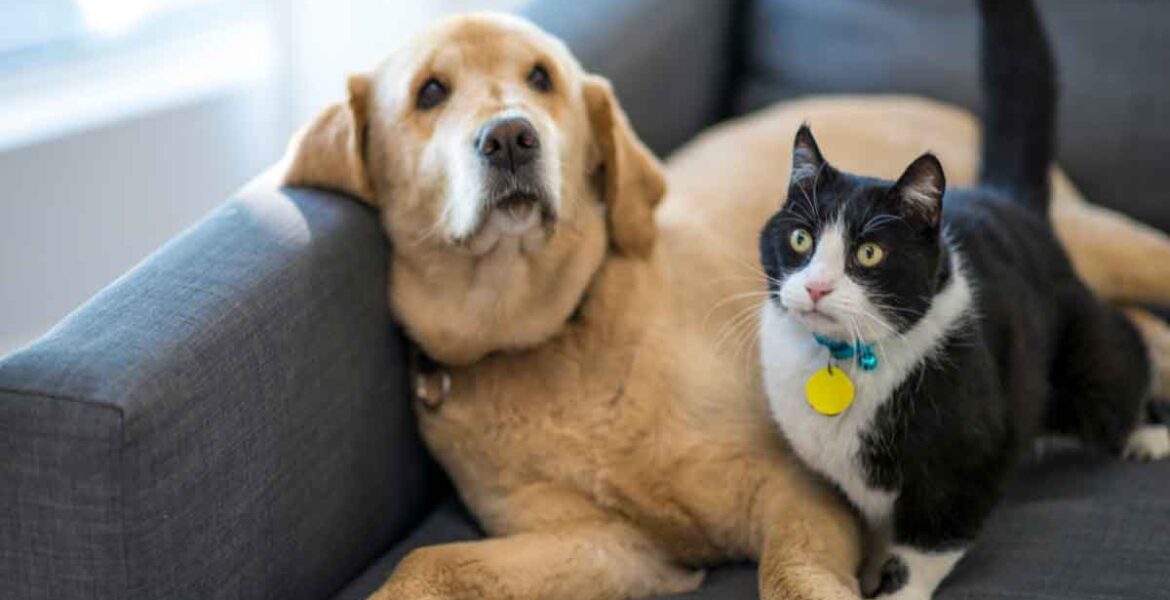When there is enough wildfire smoke in the air to affect you, it is affecting your animals too. Make sure that you know the precautions to take to keep your pets and livestock safe during wildfire season. Keep in mind that older animals and those with pre-existing heart or lung conditions are at increased risk.
Cats, Dogs, & Small Pets
Limit Physical Activity
When there is smoke in the air, you should limit physical activity for yourself and your pets. For example, if you usually take your dog for a run in the mornings, pause that until the smoke dissipates. Strenuous physical activity puts added pressure on your pets’ heart and lungs.
Keep Them Indoors
When there are wildfire smoke alerts in effect, keep your pets indoors as much as possible. Only let cats and dogs outside briefly for bathroom breaks, and keep them inside otherwise. Keep in mind that birds are particularly sensitive to smoke inhalation, so keep them indoors the whole time the alert is in effect.
Clean Indoor Air
Take measures to clean the air inside your home in order to keep your pets safer. Buy an air purifier for your home and avoid activities that increase indoor air pollutants, such as burning candles, smoking, using the stove excessively, and vacuuming.
Livestock & Large Animals
Reduce Dust
Reduce the amount of dust that cows, horses, and other large animals are breathing in by misting their areas with water. This will decrease the level of dust being unsettled when the animals move around their holding area.
Move Birds Indoors
Since birds are more susceptible to being harmed by smoke inhalation than other animals, it is a good idea to move chickens, geese, and other birds to an indoor location such as a garage or basement.
Provide Plenty of Water
Make sure that you keep lots of fresh water available for your animals to drink, because they will be more thirsty than usual. Change the water out more frequently than usual to make sure that they are getting the cleanest possible water.
While wildfire smoke can be a health concern for people and their pets, taking the right precautions and preventive measures can make a big difference. For specific strategies on evacuating your pets in an emergency, check out these pet evacuation tips. Pay attention to your animals and watch for signs of smoke-related health conditions. Common signs include trouble breathing, noisy or fast breathing, coughing, gagging, fatigue, disorientation, stumbling, and a decrease in appetite. If you notice any of these, call a vet right away.
SPIEDR is doing its part in reducing widespread wildfire smoke by providing communities with wildfire suppression equipment, training, and consulting.


